A new secure code is needed to protect private information from the power of quantum computing.
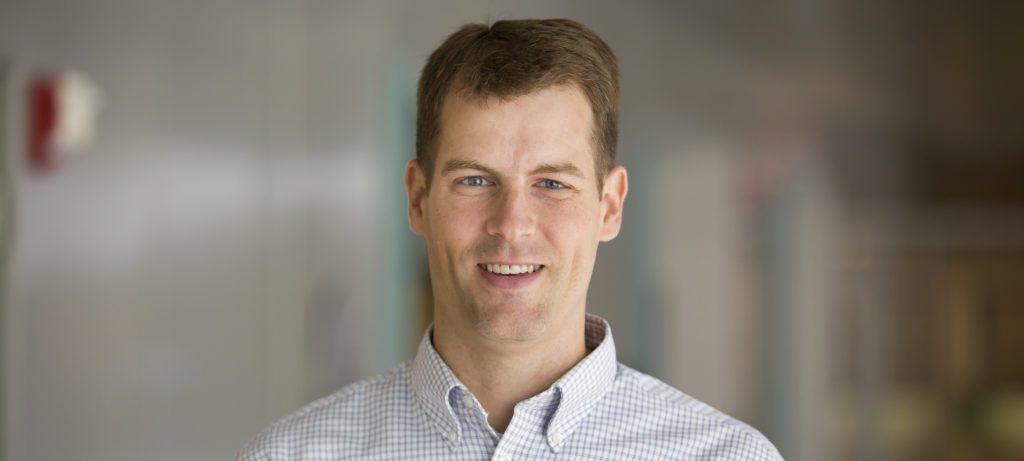

A new secure code is needed to protect private information from the power of quantum computing.
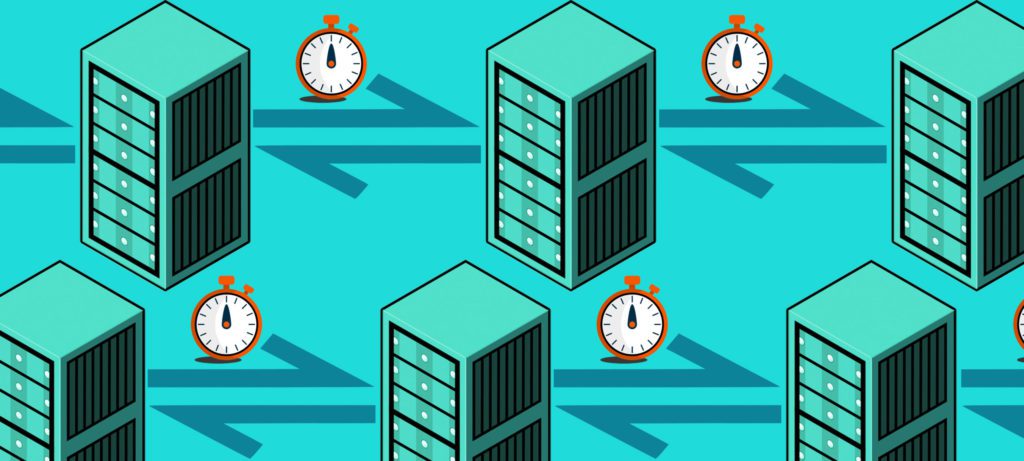
A new system called Leap earned a Best Paper award at USENIX ATC ‘20 for producing remote memory access speed on par with local machines over data center networks.
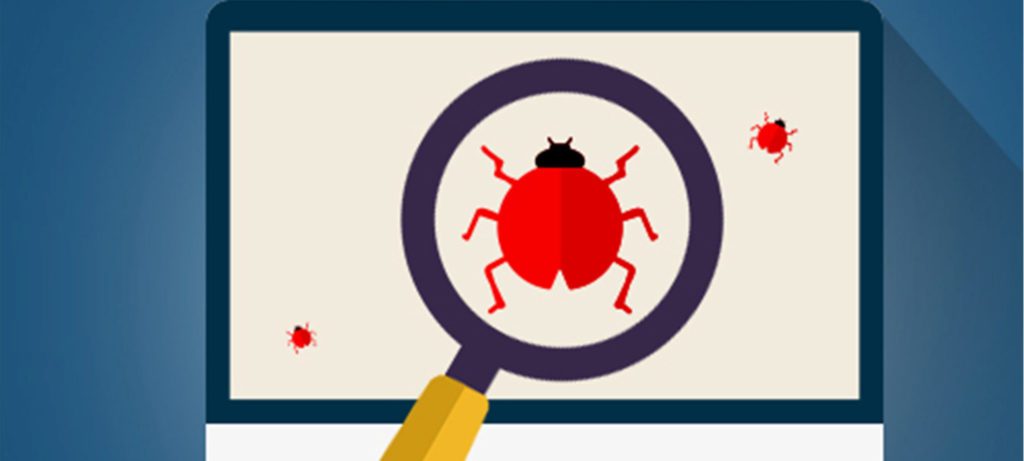
Kasikci will sift through the byproducts of hundreds of millions of common program executions to determine how this data can automate some key steps in bug finding and fixing.

The two organizations will connect their membership and partner networks to work on advancing security for life-saving devices.

Their findings reduce average job completion time by up to 95% when the system load is high, while treating every job fairly.
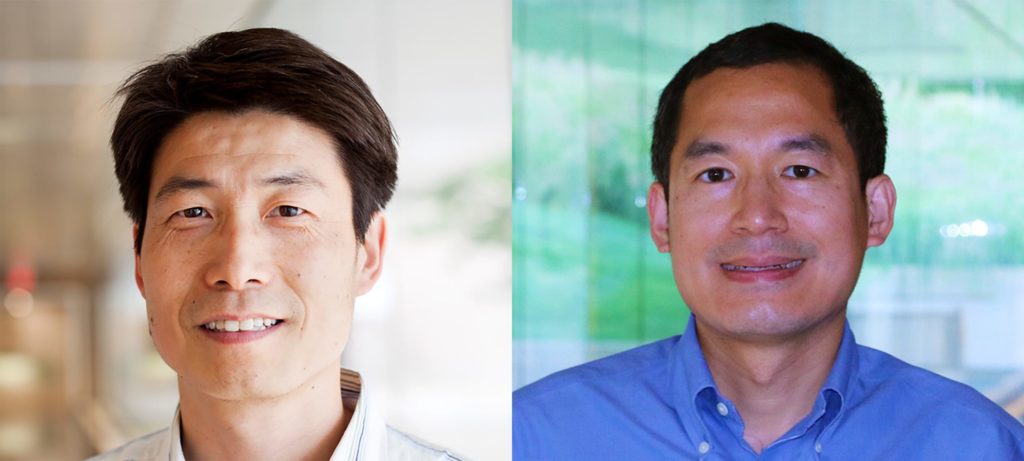
Guo is working to boost the visibility of autonomous cars for improved safety, and Mi is building a prototype solar hydrogen production system that could out-compete electric cars.
Getting rid of some gears enabled a free-swinging knee, regenerative braking and brought the noise level down from vacuum cleaner to fridge.
The post Space motor helps make robotic prosthetic leg more comfortable and extends battery life appeared first on Michigan Engineering News.
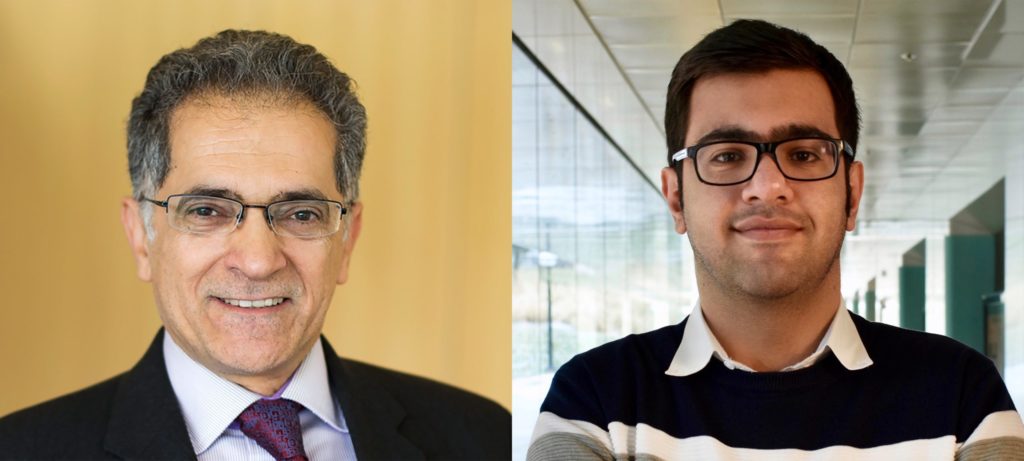
Prof. Kamal Sarabandi and ECE PhD student Navid Barani won a best paper award for their research on how biological cells may use electromagnetic signal transmission to communicate.
When magnetic walls are closing in, wily plasma slips out between magnetic field lines. A Michigan-led team pioneered a way to keep more plasma contained.
The post Twisting magnetic fields for extreme plasma compression appeared first on Michigan Engineering News.
Microsoft-supported project to coordinate site locations, supply distribution.
The post How big data could optimize COVID-19 testing appeared first on Michigan Engineering News.